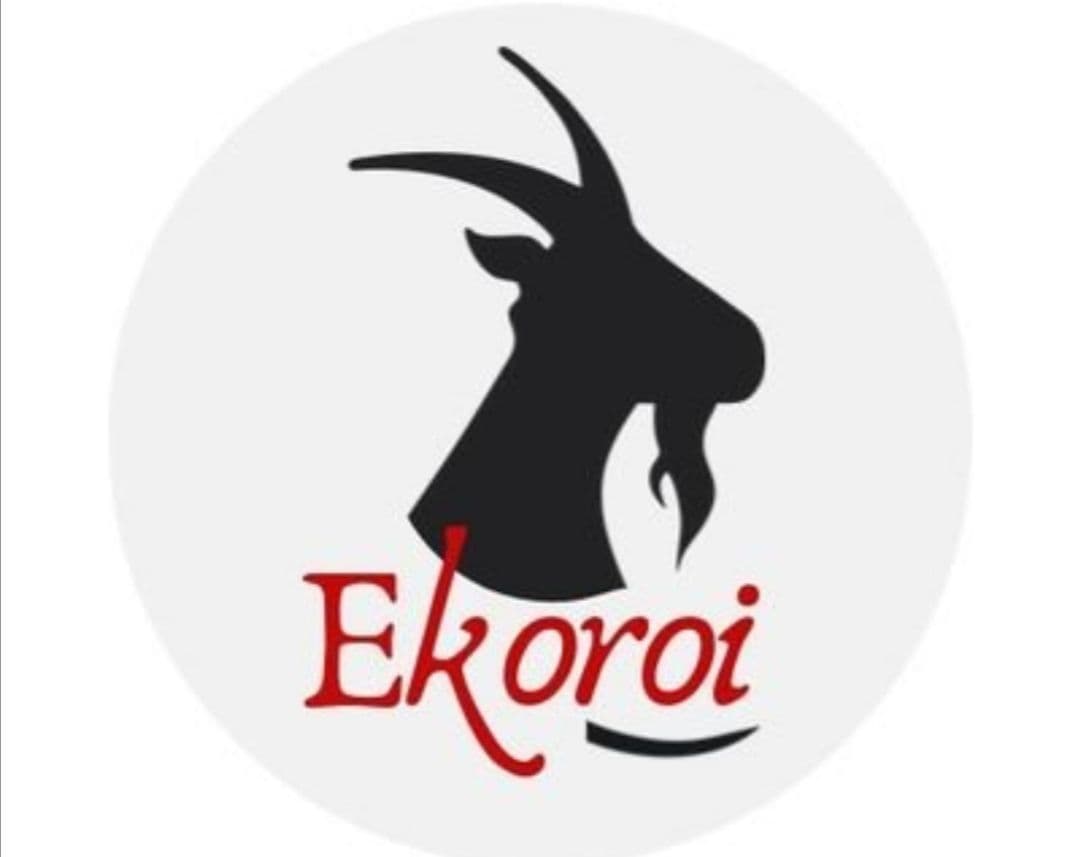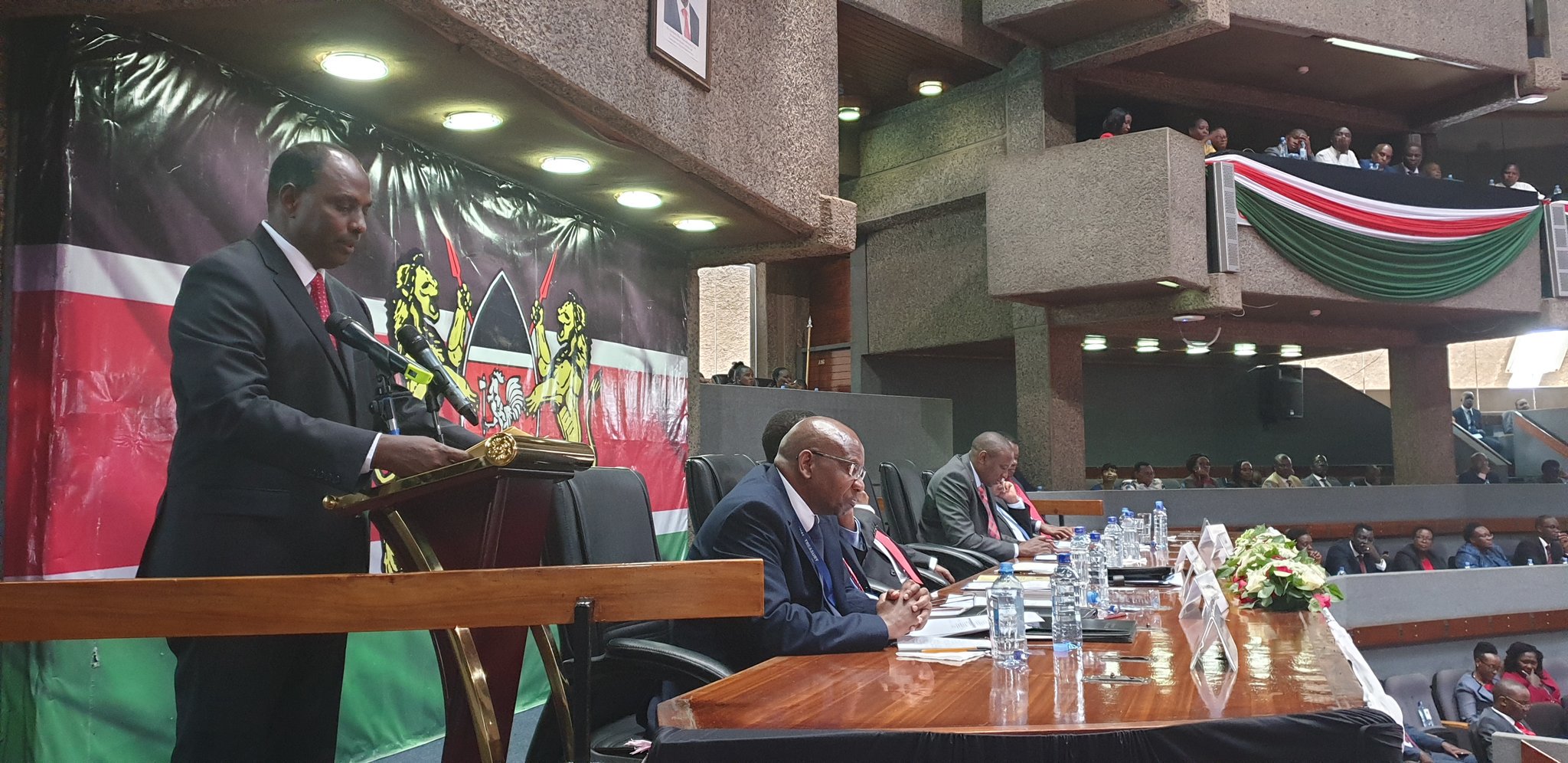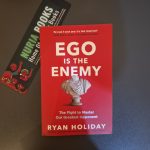By Jesse Ogola
A Ksh 3.2 Trillion Budget Proposal for Financial Year 2020/2021 was presented to parliament on Thursday 11th June 2020. But as Covid-19 has put the whole world on survival and somber mode with over 400,000 deaths, Black lives Matter movement also mourning the murder of George Floyd by the state police. National Treasury Cabinet Secretary, Hon. Ukur Yatani’s FY 2020/2021 Budget didn’t do much to alleviate the uneasiness among business owners, entrepreneurs and those furloughed or rendered unemployed with depleting savings due to the public health measures put in place to control infection rates.
With the expected tax revenue shortfall for FY 2019/2020 by June 30th 2020 due to stay-at-home and cessation of movement between counties orders set in March, treasury could have at least been realistic with their revenue estimates for the 2020/2021 Budget. Kenyans through taxation and exercising their voting rights have donated to them fiscal responsibilities and powers to implement sound policies that ensure their social welfare and efficient economic production and growth. But to have a budget financed largely by loans, coupled with ever rising taxation rates and corruption in its formulation serves no Kenyan but selfish individuals within the government and their clientele.
Libertarian Economist Murray Rothbard posited ‘The State says that citizens may not take from another by force and against his will that which belongs to another. And yet the State…does just that.’ This is a morbid reality in Kenya, where entrepreneurial venture to fill gaps in energy, supply chain and transportation sectors are met with taxation and ‘coercive laws’ if they do not agree to kick-backs (kitu kidogo). It at times feels as if to attempt to make money in this country is illegal, any progress in filling market gap in consumers’ choices is always deterred by allegations of tax evasions, quality control, license expiry and other nefarious claims. Often the allegations die off due to insufficient evidence but the damage to business operations accomplished. Keroche breweries is just one of many firms where crooked individuals masquerading as government officials’ close production industries or shops for violating ‘certain terms or laws’ and will hardly ever obey court orders that supports existence of the business or contradicts to alleged misdeeds.
It should be noted that a government that wants to control means of productions, what industries shall be established in a state, members of private firms’ management teams borders on being a communist regime. A government in mixed economy like Kenya should endeavour to create conducive environment for entrepreneurs to thrive by easing transportation costs either through affordable energy, connecting infrastructure development and ease of starting a business with favourable taxation policies. It should celebrate and provide legal protection to entrepreneurs. The idea that the Kenyan government can unilaterally order private hauliers from Uganda to use the infamous white elephant- Standard Gouge Railway in order to generate revenues shows gross conflict of interest and interference of market participants from exercising their freedom. If the government wants to do business, it should do so after convincing the market participants that it will exercise fairness and not pass regulations that favours its interest. Which it practically impossible.
Expected tax revenue of Ksh 1.7 Trillion within the FY 2020/2021 Budget proposal is being over ambitious and unrealistic considering the job losses, tax reliefs and the 2019/2020 Ksh 1 Trillion estimate hardly achieved. In the FY 2020/2021 budget proposal debt servicing totals Ksh 904.7 Billion (i.e. Interest payment Ksh 461.396 billion and debt finance Ksh584.96 billion) imprecisely means we are paying taxes to service loans we as Kenyans cannot physically attribute its impact on the Kenyan economy or individual welfare standards. Development projects such as roads, train networks, export processing zones and free trade areas are good investments, BUT IF done at inflated costs, covered with conflicts of interest it becomes less of a public good; malinvestment. The misleading argument offered to substantiate the over 62% debt to GDP ratio in Kenya is that countries such as US and Japan grew and continue to grow by increasing their balance sheet is quite timeworn now.
For example, United states boasts of thousands of inventors, innovators, and entrepreneurs in almost every field as the government protects their intellectual property with legal provisions and abstaining from interfering with their business management if investors fund are not misappropriated. With a GDP of US$ 20 Trillion against US$25 Trillion debt, their assets, laws, and proactive legislation can be ‘useful’ and eases the creditor. It doesn’t mean that the debt to GDP ratio is healthy for the long-term development of United States thus recommended. As for Japan, the 200% debt to GDP ratio is ‘not’ worrisome since most of the debt is held by their citizens hence minimizing the risk of default. Japan largely offered cheap loans with minimal interest rates and allowed the private sector spur developments in real estate, railway construction as the government acted as the regulator. To compare their absorption rate of debt in their development path to superpower and Kenya’s shows how the ksh 3.2 Trillion budget (US$30 Billion) should worry Kenyans as it is mostly external such as Eurobond and crooked individuals look to profit on tax payers money through tenderpreneurship.
To claim that massive government spending will lead to job creation, economic jumpstart and recovery from COVID-19 induced recession is again being optimistic rather than objective. The government of Kenya can use this chance to ‘formalize’ the creative Jua Kali sector, enrol all farmers and agricultural producers in a sort of aggregate index that they can raise capital in the financial markets for extensive research and farming to enhance food security. The small and medium enterprise sector of the economy employs over 15 million Kenyans directly and indirectly and will create more with a government that supports the sector financially and protects it through laws, insurance, and research. Instead of taxing solar and renewable energy vendors and suppliers, the government can enhance renewable energy efficiency locally through research funding. The Buy Kenya, Build Kenya initiative should not be a reserve for the ‘miniature formal large-scale elite club’ only but compulsory inclusion of the Jua Kali industrial products. Formalizing the Jua Kali can be in the form of improving their productivity and quality by providing sufficient industrial production land, shed and market fitted with reliable electricity, gas, and water. That is where the innovation and entrepreneurial spirit of Kenyans lie that can create millions in revenue and jobs.
However, government spending only qualifies as ‘investment’ in an Orwellian sense i.e. government spends on behalf of the ‘consumer goods’ – tax payers; and desires of bureaucrats, politicians, and their dependent client groups become secondary. Secondary government spending, therefore, rather than being an ‘investment’ becomes a consumer spending of peculiarly wasteful and unproductive sort since it is indulged not by producers but by a parasitic class that is living off and increasingly weakening the productive private sector. Massive government spending therefore serves minimal purpose in jobs creation if the private sector and entrepreneurs are hampered during efficient production processes serving the consumers’ (tax payers) demand through further taxation as numerously repeated in the FY 2020/2021 Budget.
In as much as the case for ‘government spending spurs development’ has been made and vaguely supported by many, for Kenya it maybe time that the private sector be allowed conducive business environment to build Kenya either in public private partnership or individual investment ventures while the government facilitates and significantly abstains from development transactions; proportionate laissez-faireism. There is no escaping the fact that production precedes consumption in a very real and fundamental sense. That entrepreneurs endeavour in production before they know that they will be able to sell the goods produced. Spending is a possible outcome of entrepreneurial production but not the other way around. The former does not employ but the later does.




